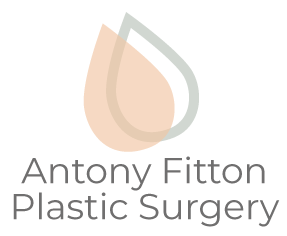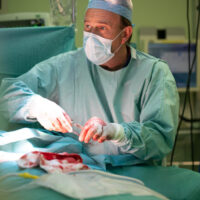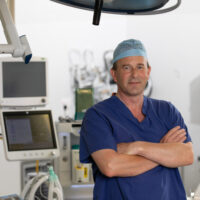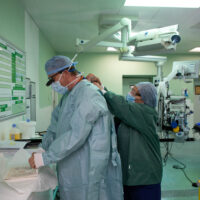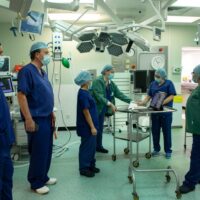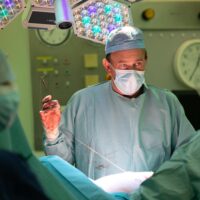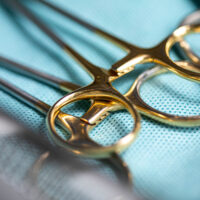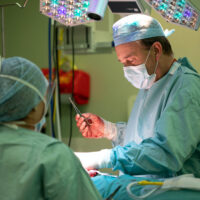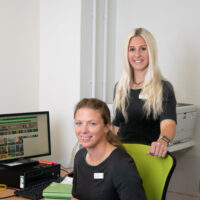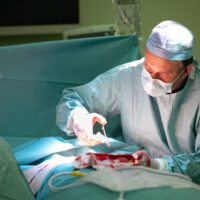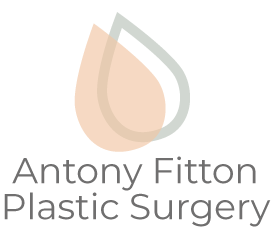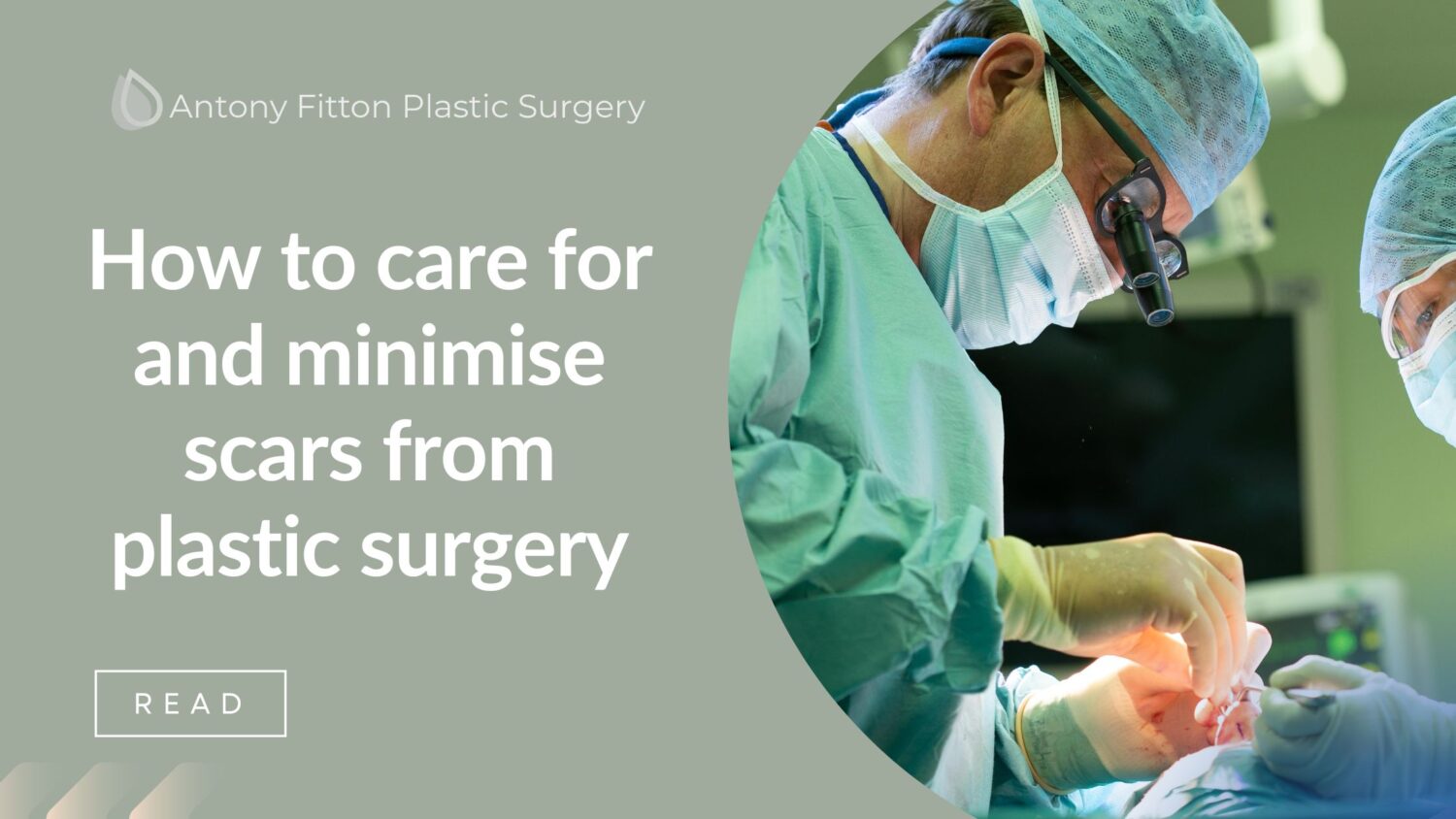
How to care for and minimise scars from plastic surgery
Scarring is the body’s way of healing naturally, but sometimes scars from plastic surgery can make us feel self-conscious.
In most cases, the size of a scar is based on many factors including the size of the incision, how quickly it heals, the skin type, the age and health of the patient, and how well the patient took care of it. The quicker and easier a scar heals, the less visible it will be.
It’s important to remember that there will always be scarring after a procedure which involves an incision in the skin and even though the scars will fade over time, they won’t disappear completely.
Scars form in response to an injury to the epidermis (the top layer of skin) and/or the dermis, the layer of skin below the epidermis. When the epidermis is injured, the scarring tends to be minimal, if at all, however, when damage is done to the thicker dermis layer it is creates a noticeable scar.
Plastic surgery procedures will usually involve incisions in the skin (and any injury to the skin) will result in visible scars. The good news is that Mr Fitton knows where to place the scars to make them less noticeable.
We’ve put together some easy steps below that you can take to help reduce scarring after plastic surgery.
1. Gently massage the area where you have undergone the plastic surgery procedure.
By massaging the area early in the scar development it can reduce the inflammatory signals that lead to poor scarring. It is important to start massaging the area right away and continue this for 2-3 months after surgery.
Massage the scar with a silicone gel or vitamin E cream. Using a silicone gel will increase your skin’s hydration and provide the optimal condition to normalise your collagen production and reduce poor scarring.
2. Avoid exposing your scar to direct sunlight.
Invest in good sunscreen. Your scar is very sensitive to strong sunlight and can burn easily, so try to avoid exposing your scar to the sun. Due to the sensitivity of scars, they are more susceptible to damage from harmful UVA/UVB rays generated by the sun. Sun exposure can cause hyperpigmentation (darkening of the skin) or hypopigmentation (lightening of the skin) as well as cause blisters or the scar to thicken. You should use a very strong sunblock (SPF 30 or higher) on your scar for 18 months after your plastic surgery.
3. Avoid putting stress on your wound.
Avoid lifting, moving, or doing stretches that could affect scars healing process. Any stress can sometimes pull the incision apart and delay the healing process significantly. It is important to follow your Mr Fitton’s advice post-surgery.
4. Avoid the gym.
The perfect excuse! Although you may be tempted to head to the gym and get in shape, follow Mr Fittons advice and rest for however long he says to. Don’t push it or you’ll seriously risk your chances of healing quickly and properly.
5.Avoid cigarettes and alcohol.
OK, so not so easy for some people, however not only will smoking increase your risk of scarring, it can also slow down the healing process.
Alcohol dehydrates the body, which decreases your overall health and chances of healing quickly.
6. Maintain a healthy weight before and after surgery.
If you are overweight, you may be at a greater risk of scarring because the fat under your skin can actually prevent Mr Fitton from closing your incision as best as he can.
7. Prevent getting infections.
Avoid touching the incision site or the sutures. One of the easiest ways an infection can develop is via germs on the fingers. Wash your hands thoroughly with an antibacterial soap before changing your dressing or bandage. If antibiotics are prescribed, take them as directed
Make sure you follow your Mr Fittons advice on how to properly take care of your incisions for proper healing.
8. Drink water.
Not drinking enough liquids will dehydrate you having similar effects on your skin as alcohol. Staying well hydrated increases your chances of healing quickly with minimal scarring.
9. Eat fruit and vegetables.
Cut down on fatty foods and carbohydrates to maximise recovery. The more nutrition you are giving your body, the better of a chance you have at healing.
“Thank you so much for your expertise, huge care and attention. I am thrilled with the results!”
Summary
Managing your expectations about plastic surgery is important regardless of which procedure you wish to have done.
Before you go ahead, be sure about your reasons for wanting plastic surgery. Bear in mind the cost, the risks, and the fact the results cannot be guaranteed.
It’s critical to have realistic expectations about plastic surgery, and also to ensure you are on the same page as your surgeon.
To find out more about having a treatment, book your no obligation consultation. You will meet with Antony Fitton and receive expert advice tailored to your needs.
Please call us on 07494 250277 or book your consultation using our online form.
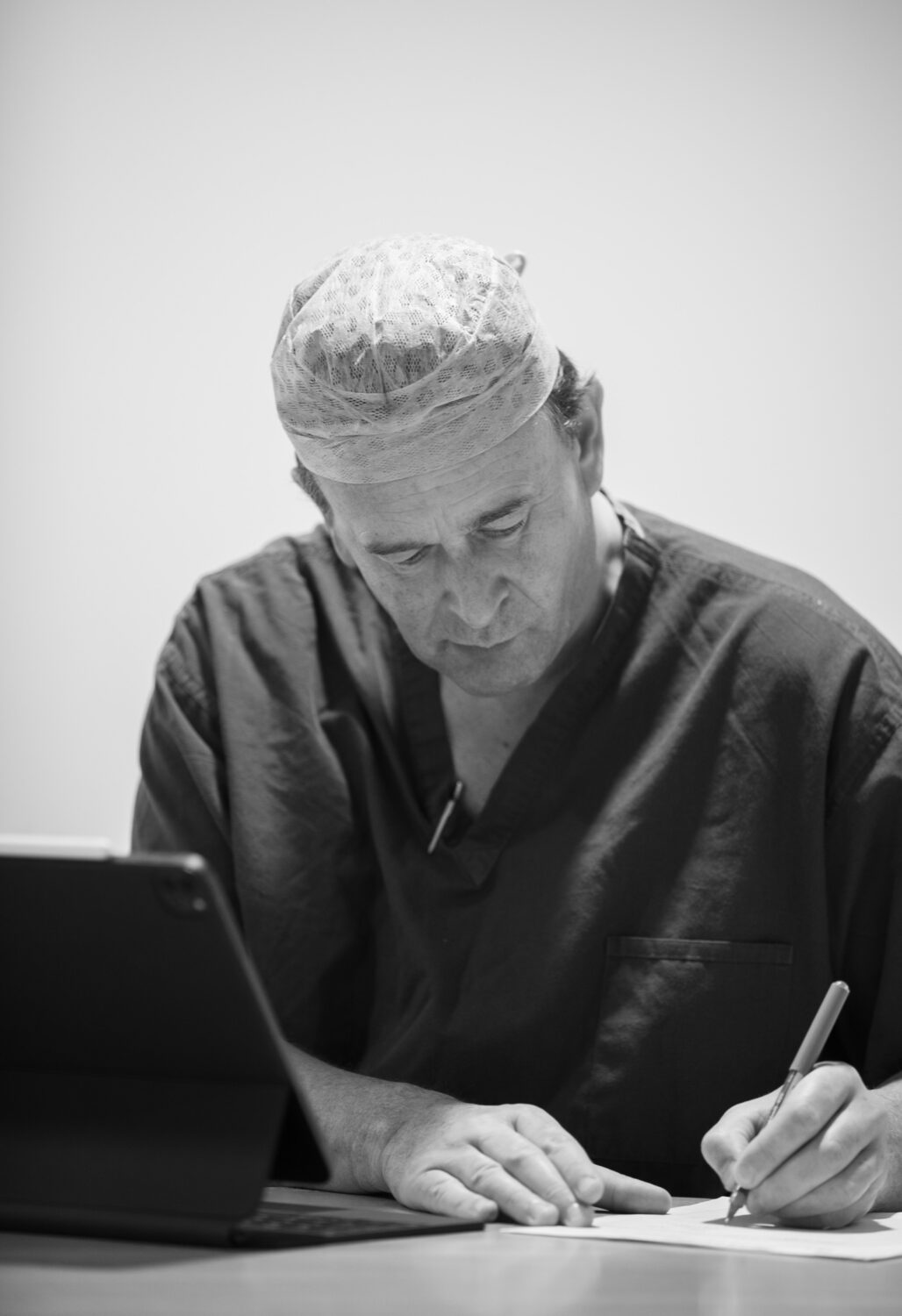
About your Plastic Surgeon: Mr Antony Fitton
MB, BS(hons)., MD., FRCS(eng)., FRCS(plast).
Mr Antony R Fitton qualified at the Royal London Hospital in 1989 with distinction in Surgery. He holds a MB, BS(hons)., MD., FRCS(eng). and FRCS(plast). (Fellowship at the Royal College of Surgeons).
He is a member of BAPRAS (British Association for Plastic, Reconstructive and Aesthetic Surgeons), BAAPS (British Association for Aesthetic Plastic Surgeons), BSSH (British Society for Surgery of the Hand).
Mr Fitton has received the Paton & Masser Award and the CM Matthews Award from the Royal College of Surgeons of England or his research in nerve injury.
Mr Fitton is licensed as Plastic and Reconstructive Surgeon by the GMC.
Life-changing result
"I just wanted to thank you (and your team) for the life-changing result of my top surgery. This will provide me with the freedom that I’m excited to enjoy, including being able to go swimming and actually staying cool in summer! All jokes aside, you have helped to mark a new chapter in my life, for which I am incredibly grateful… ALL the best."
Our appearance has an impact on how others perceive us. We are experts in creating an improved version of you. Click on a procedure below for more information.
Body surgery (or contouring) can involve all or one of the following, with prime focus on areas such as the buttocks, tummy, thighs, arms, and breasts. Click on the links below for more information.
There are several different types of hand surgery but all aim to restore functionality while making the hand look as normal as possible. Click on the links below for more information.

Should I Lose Weight Before a Tummy Tuck?
Discover if you should I lose weight before a tummy tuck and if it can enhance your surgery results
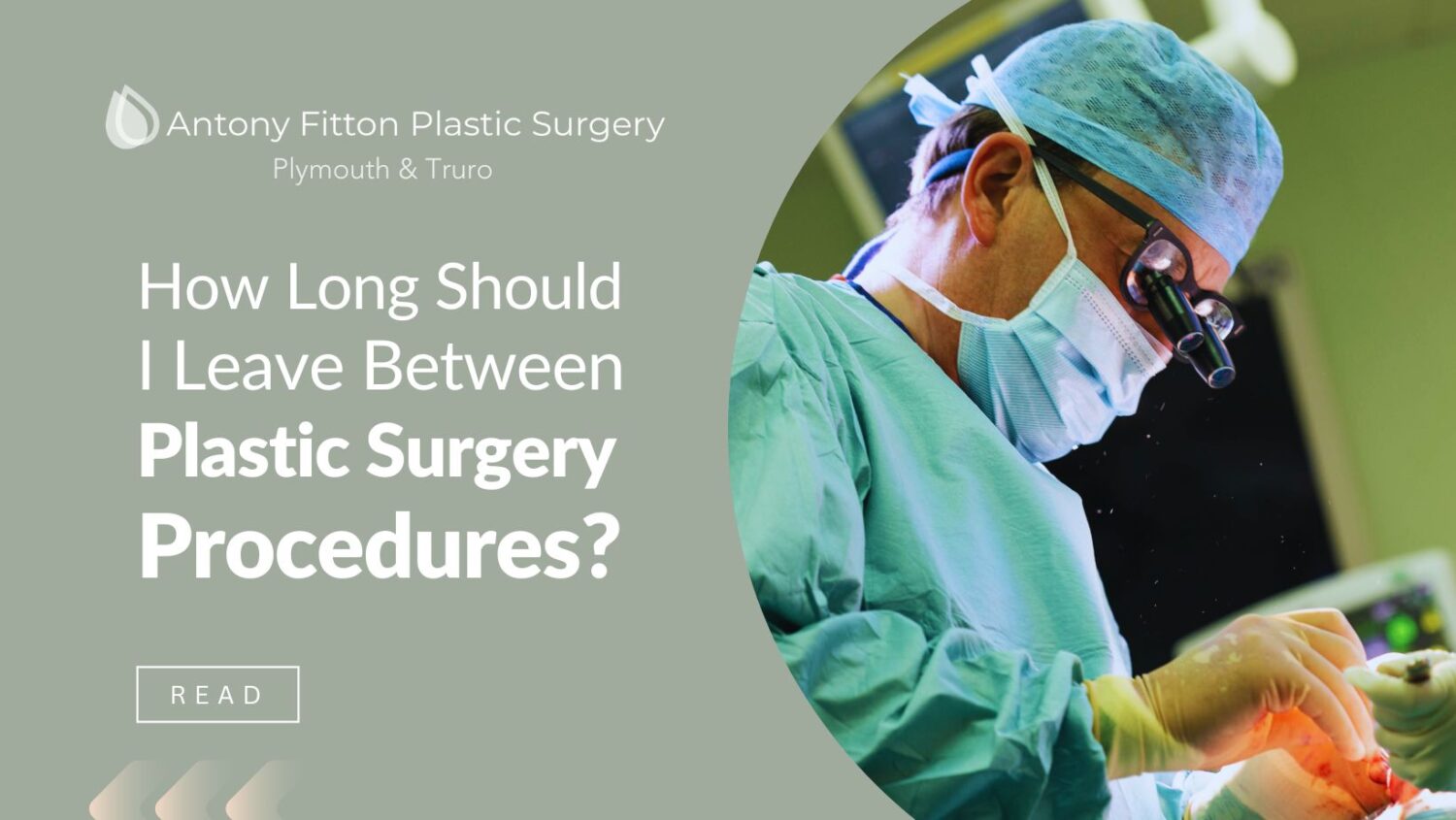
How Long Should I Leave Between Plastic Surgery Procedures?
Discover how long you should leave between plastic surgery procedures for optimal recovery and effec
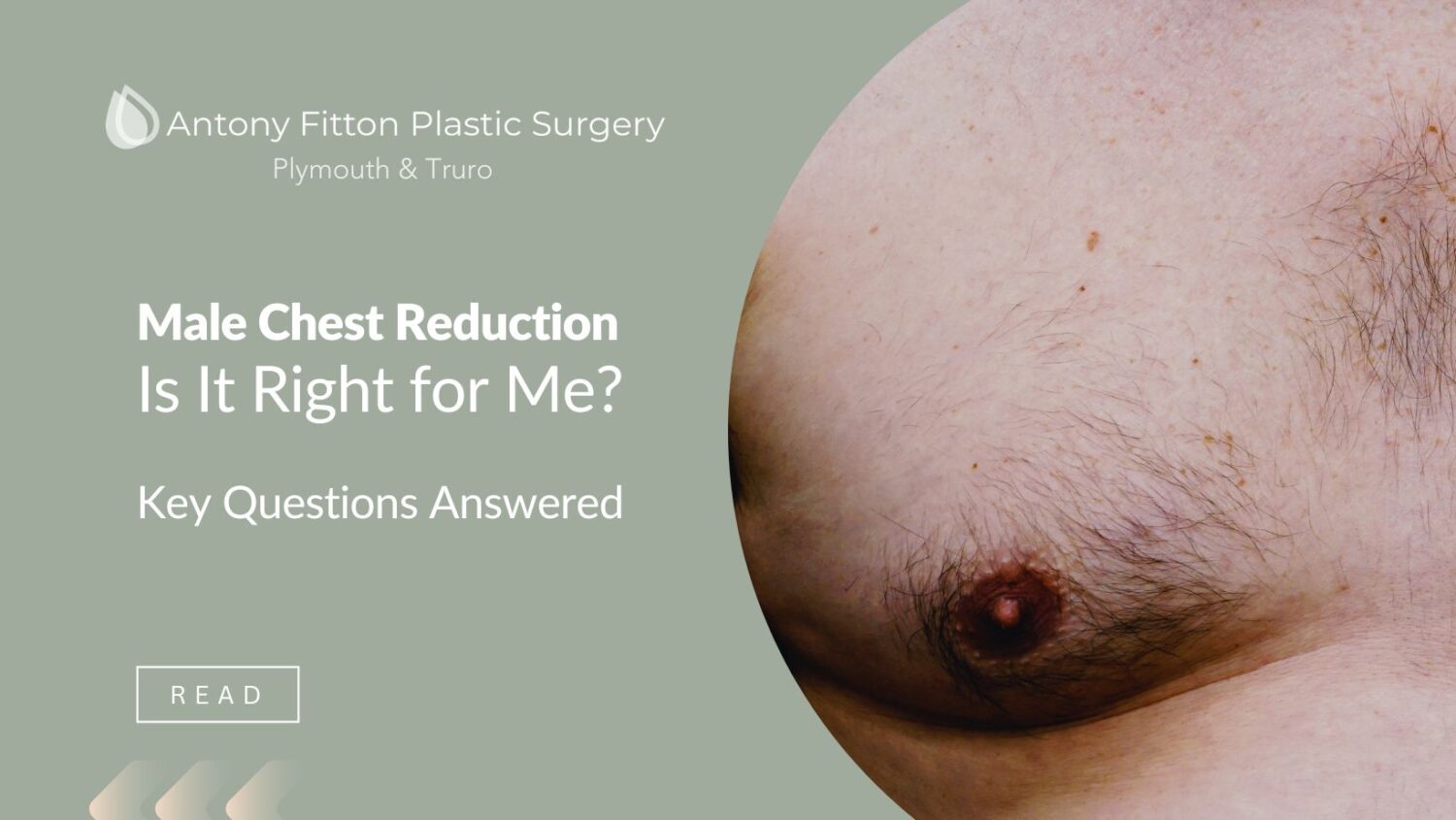
Is Male Chest Reduction Right for Me? Key Questions Answered
Is Male Chest Reduction Right for You? This blog answers crucial questions on gynecomastia surgery s



